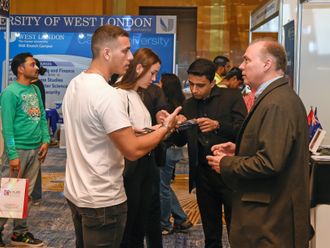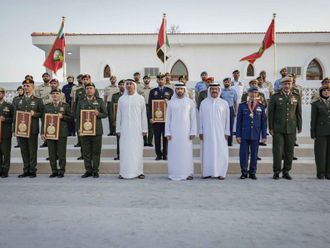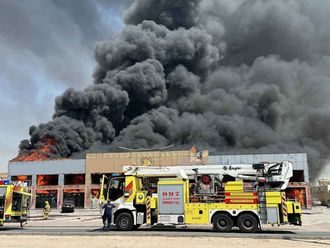Anthropology is a systematic study of human beings through time and through space. It is a relatively young and rapidly growing field. It is a broad-based subject that bridges the gulf between the natural sciences and the social sciences.
It is divided into two main areas - Physical Anthropology (study of genetics, evolution, forensics, medical anthropology, psychological anthropology and non-human primates) and Cultural Anthropology (study of cultures, languages and archeology).
Why study anthropology?
Anthropological material is intellectually stimulating and challenging. Anthro-pologists analyse data and prepare reports, study museum collections, examine diverse cultures as well as the relationship between language and culture. They also study social problems in human relations.
Many students majoring in business, marketing and other related fields choose to study anthropology as an elective. The course is offered at the American College of Dubai every semester.
Anthropology helps a student acquire skills that have wide applications in research, teaching as well as project management. Many employers look for skills that come with studying anthropology.
These include:
- How human behaviour is influenced by biology, ecology and culture.
- Basic understanding of genetics (physical anthropology).
- Good knowledge of cultures and sub-cultures within those cultures.
- Enhanced cross-cultural understanding by looking at issues through multiple perspectives and by embracing diversity.
- Skills in qualitative (interviews and field research) and quantitative (statistical) analysis.
- Ability to prepare analytical as well as descriptive reports. Ability to prepare ethnographies (in-depth study of a culture)
- Ability to understand the root causes of problems faced by societies and devising hands-on, workable solutions.
Career options
Equipped with these skills, an anthropologist can work as an art conserver, a social science analyst, a community development officer, a multicultural educator, a rural development officer, an immigration officer, a consumer researcher or an archeological technician.
Anthropologists also work for non-governmental organisations to help design and implement programmes for the betterment of all humans - the privileged and the under-privileged.
The writer is the dean for academic and faculty affairs and teaches anthropology at the American College of Dubai





_resources1_16a30b2f411_small.jpg)





